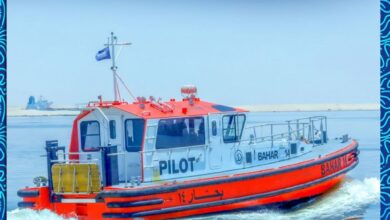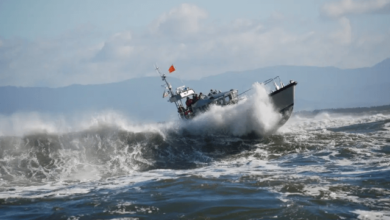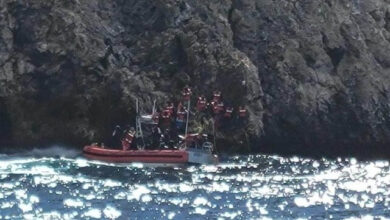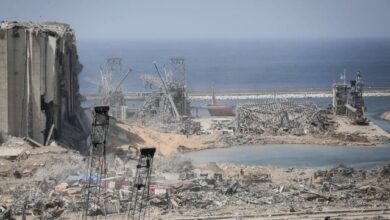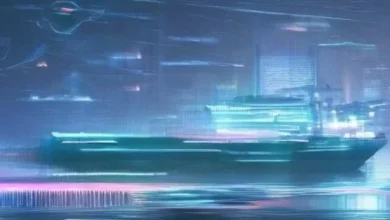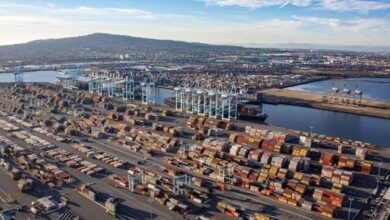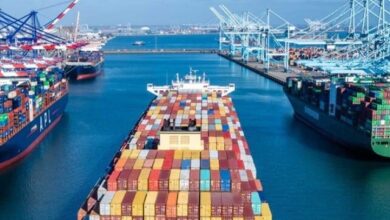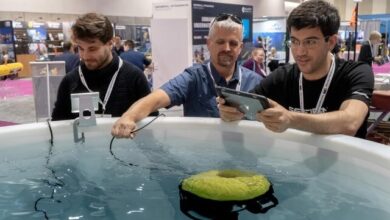IPCSA: Inter-American Committee on Ports
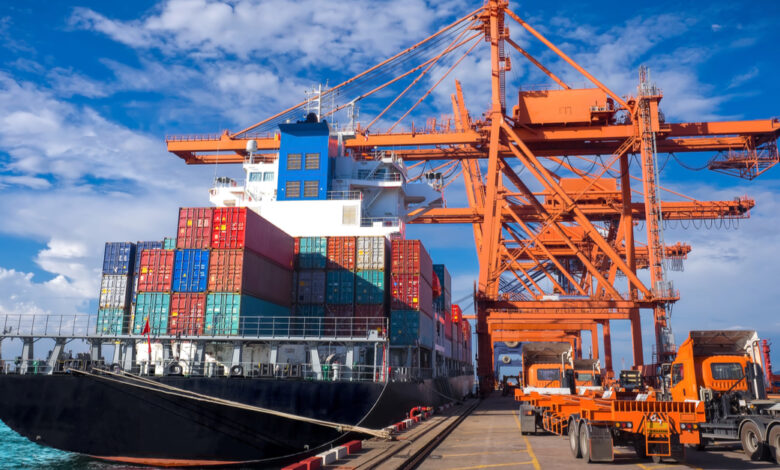
The International Port Community Systems Association (IPCSA) has expanded its presence across the Americas in a new collaboration with the Inter-American Committee on Ports (CIP) of the Organization of American States(OAS)
IPCSA and CIP have welcomedeach other as associatemembers of their organisations and will work together on a number of initiatives,starting with a joint webinar to be held on 23 March 2021,focusing on ‘Port Community Systemsin Action –from Development to Implementation’.
CIP represents the national port authorities of the 35 member countries of the OAS, which stretch from Canada to Argentina, taking in the Caribbean and Central America.

Richard Morton, secretary general of IPCSA, said: “We are absolutely delighted to welcome the Inter-American Committee on Ports as associate members of IPCSA. We have so many features and projects in common and look forward to sharing the knowledge and experience of our members. IPCSA prides itself in being an open, sharing association that focuses on finding practical solutions together, as opposed to more abstract theory
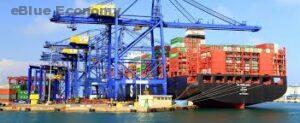
We look forward to working with CIP, meeting many of CIP’s members across the Americas and working with them in the development of efficient Port CommunitySystems and Maritime Single Windows that are vital to the smooth, efficient flow of cargo and information.”

International Port Community Systems Association / Inter-American Committee on Ports Press Release: February 2021IPCSA, which celebrates its tenth anniversary this year, now has nearly 50 members drawn from all regions of the world. Since its official launch in June 2011, it has achieved rapid growth in membership, while establishing and reinforcing its reputation and influence as an expert authority and adviser on the electronic exchange of information and digitalisation to smooth the flow of cargo and documentation. It is also a recognised NGO with consultative status at UNECOSOC and IMO
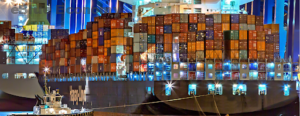
Jorge Duran, CIP chief of the secretariat, said:“We now have an excellent opportunity to bring IPCSA’s members into contact with CIP, where they can share their best practice and lessons learned with our members. We will work to disseminate information about IPCSA and its expertise in the region. On theother hand, we will bring the ports and port authorities of our region into contact with IPCSA,where they will gain the value of shared knowledge and experience.”
He explained: “CIP’sresponsibility is to assistourmembers in the development of ports that are competitive, secure, sustainable and inclusive,providing them with capacity building, training, scholarships, information, best practice advice, technical assistance and project implementation, amongst other initiatives.
“Many of our members are embarking on their digitalisation processes–and they have realised that to be a player in the global arena, they need a Port Community System(PCS), in order to compete and to comply with certain elements of the Trade FacilitationAgreement (TFA). They are also conscious, in many cases, that they are a little bit behind the curve in this respect.”
The two organisations are a good fit in the waythatthey work, he added. “CIP is like IPCSA, in that we work for our members, not for ourselves.”

Mona Swoboda, CIP program manager, said: “In addition to the port capacity building that we provide, we also foster political port dialoguein the region; the people at our table are the highest port representatives –and in some countries, they are ministers. When it comes to Port Community Systems, weknow that the technical aspect is only one part of the challenge; bringing stakeholders together is the other part. And we do have the advantage that we work with high-level decision-makers.”
In addition to the 35 national port authorities of the OAS Member States, CIP has more than 60 associate membersand strategic partners, which includeprivate sector companies. Its Scholarship and Training Program includes certified courses, seminars, workshops and hemisphericconferences, theseactivities beingcarried out in collaboration withits members, associate members and strategic partners.
There aresix technical advisory groups (TAG) within CIP –itscollaboration with IPCSA will fallwithin the TAG on logistics, competitiveness and innovation. The March webinar planned by CIP and IPCSA will deliver expert advice and information on the creation, implementation and operation of Port Community Systems, allowing plenty of time for audience questions to a panel
Across the CIP region there are wide differences between PCS adoption–some are well established, others only just beginning. “Challenges include governance and financial issues,”said Mona Swoboda.“CIP members will be able to work with IPCSA members to find solutions and move forward with PCS developments.”


AboutCIP:
The Inter-American Committee on Ports (CIP) is the only permanent forum that brings together the national port authorities of themembercountriesof the Organization of American States (OAS) andleaders of the maritimeport industry.CIP promotes: the development of a competitive, secure, sustainable and inclusive port sector; policy dialogue;strengthening of institutional capacities; technical assistance; andcooperationwith the private sector.
The CIPS cholarship and Training Programincludes certified courses, seminars, workshops and hemisphericconferences. These activities are carried out in collaboration withCIPmembers, associate members and strategic partners.


About IPCSAIPCSA
Is an international association of sea and air port community operators, sea and air port authorities and single window operators that is recognised across the globe for providing advice and guidance on the electronic exchange of information across borders and throughout the whole supply chain.
The association currently has members from across the globe who handle the exchange of information for Business to Business, Government to Business and Government to Government processes and facilitate the smooth cross-border movement of goods.
IPCSA focuses on supporting and facilitating systems and innovations for Port Community System members and users, and promoting the use of international data standards in sea and air ports, at border crossings and via Single Window systems around the world.
IPCSA is a recognised NGO with consultative status at UNECOSOC and IMO.The PROTECT Group develops and supports the electronic reporting required by authorities for vessels entering or leaving a port or port area. It maintains and develops EDI through the PROTECT Guide. PROTECT is now fully integratedinto IPCSA.
press release


